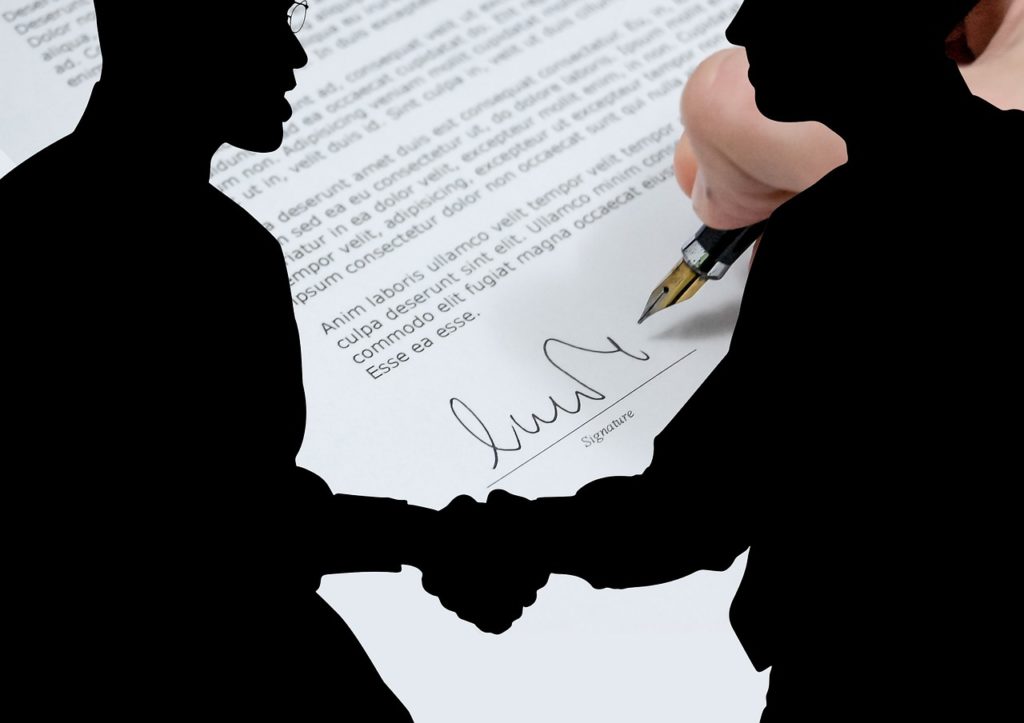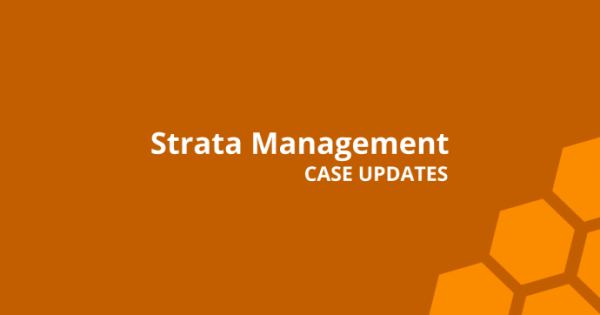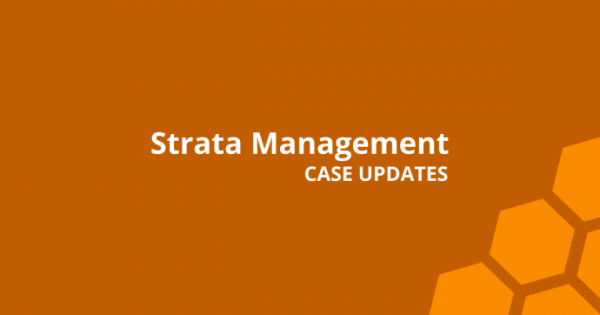Legal Agreements & How To Keep Your Legal Backyard Clean
I was quoted in The Star newspaper not too long ago by Qishin Tariq at the Fireside Chat organised by BurgieLaw. The article essentially highlighted the need to appoint lawyers to look into your legal backyard. Not too long after, the dispute over Julian and GrabGas exploded and it is now available in the public domain.
I then thought to myself, where else can I get better live examples than this to illustrate the point of “hiring a lawyer at the first instance”. Whilst writing this article, I have also had the benefit of reading the response from GrabGas which is available here. I am not propounding that legal advice is a cure all pill but at least it can avoid the disputes arising. So what is my take from the legal perspective?
1. Can Julian Walk Away With The Tech?
In law, yes, since he is the author of the copyright.
Unless he is an employee of GrabGas receiving a salary or commissioned by GrabGas for a fee or an agreement spells out the ownership of the tech for a fee or compensation payable by GrabGas, he can remove tech he developed in the course of him attaching with GrabGas.
A quick glance at the relevant provision of the law:
Section 26 of the Copyright Act 1987 reads below:
(1) Copyright conferred by Section 10 shall vest initially in the author.
(2) Notwithstanding subsection (6) of Section 27, where a work-
(a) is commissioned by a person who is not the author’s employer under a contract of service or apprenticeship;
or
(b) not having been so commissioned, is made in the course of the author’s employment,the copyright shall be deemed to be transferred to the person who commissioned the work or the author’s employer, subject to any agreement between the parties excluding or limiting such transfer.
So assuming an agreement is prepared to bind the relationship between Julian and GrabGas, what would it have been? Depending on what the industry is, a standard clause may read like below which would have prevented Julian from removing the tech.
“Notwithstanding any provision in this Agreement to the contrary, all right, title and interest to the copyright materials created by Julian Yee during the tenure of this Agreement for GrabGas, including but not limited to source codes and other intellectual property works including but not limited to software, material notes, technical data, ideas, know-how, research, reports, documentation, data and other information related thereto shall belong to GrabGas.”
2. What Would Have Avoided The Dispute Between CTO and GrabGas?
First, speak your intention to the other party and record down in writing whether it is equity, vesting period, management rights. Make sure both parties have discussed and have mutual comprehension.
If the negotiations lead to having an employer-employee relationship, make sure you have finalised the items below in writing:
- Remuneration;
- Discretionary or contractual bonus;
- Equity and vesting period (if available)
- Contractual period or permanent;
- Termination and effect of termination;
- Intellectual property rights;
- Restraint of trade.
Conversely, if the discussions turn towards making yourself a shareholder of the company, with shares of the company transferred to you in exchange of your services rendered, you should discuss the items below:
- Number of shares to own;
- Vesting period;
- Management rights;
- Methods of disposal of shares;
- Valuation of shares;
- Non-competition clause;
- Deadlock situation
- Restraint of trade
Don’t forget to also sign off documents given to you by the company secretary and request the share certificates be delivered to you. As a safety measure, you can also conduct an official company search with the Companies Commission of Malaysia after incorporation to check whether your name is listed as a shareholder with the correct number of shares.
3. What Can Julian & GrabGas Do Now?
Either one of them can initiate an action in court for various causes of action. Eg: failure to deliver verbal promises/providing misrepresentations/defamation which the court may then award damages to the successful party. I will not elaborate too much of this lest I be accused of stirring up litigation since this is an article prepared with the intention to avoid similar mistakes being repeated by start ups /co-founders/CTO.
4. What Can Other Start Ups Do?
With this live example, we hope it serves as a tiny lesson to the start-up community to pay a little more attention to their legal backyard. Just like how you would spend on company secretarial fees to incorporate a company and an external auditor to audit your books, there is no reason not to appoint a lawyer to look into the founders’ agreement, non-disclosure agreement, employment agreement, memorandum of understanding and other legal matters related to your own start ups.
If you are however on a shoe-string budget, you may consider purchasing standard templates off the shelf which costs a fraction of the legal fees. If you’re interested, write in to [email protected] or book a lawyer of your choice and get a 15min verbal legal consultation for RM100.





